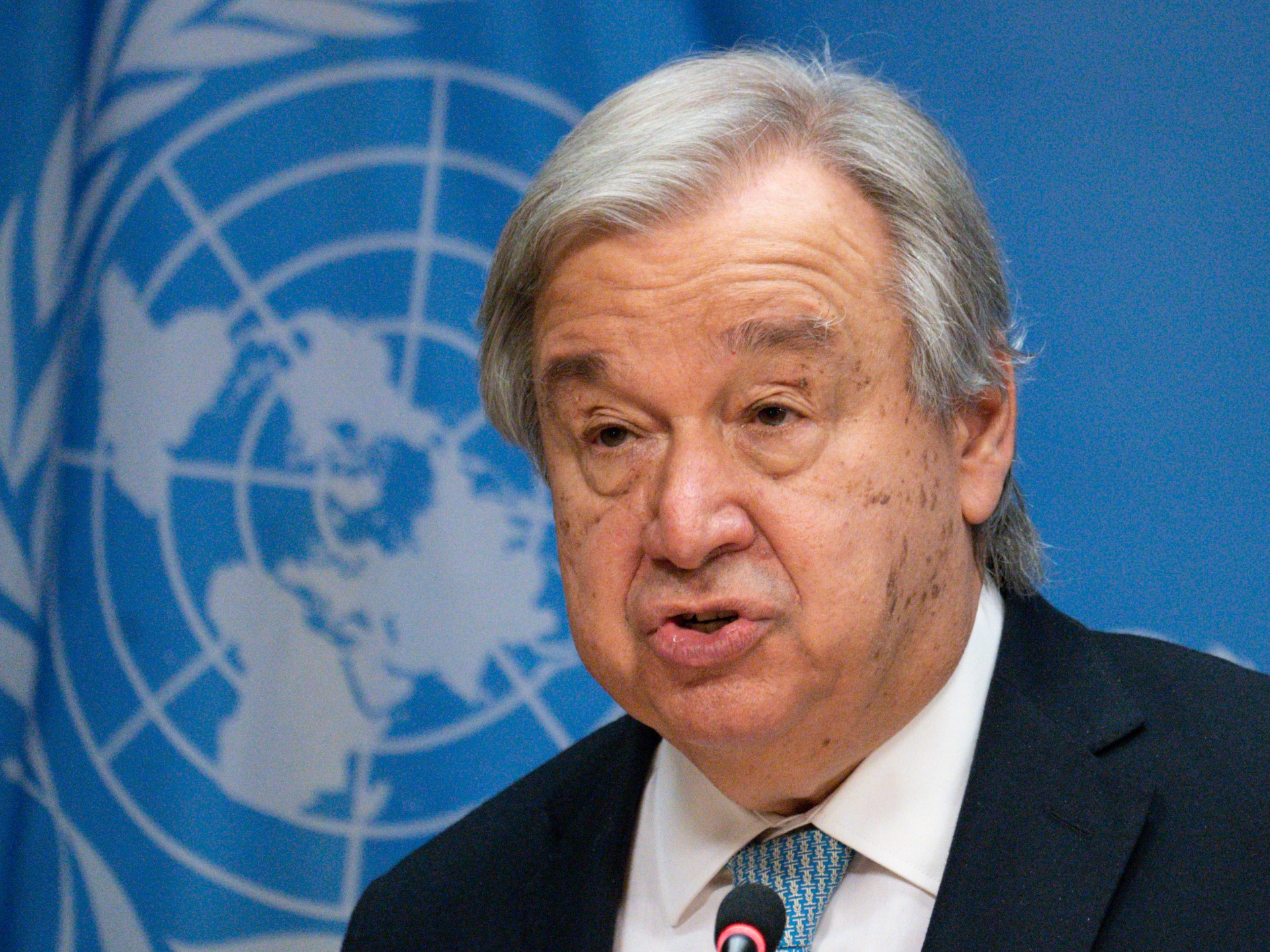Why is it important?
Step by step of course.
We were told, the "Island is strategically important." We answered, "Why is strategy important? The world has changed. Strategy is a pseudo science anyway."
We were told, "There can be no agreement before two sides formulate a solution." We said, "Why should that be important? Look, this is the world’s most permanent and just solution agreement, which was prepared by someone else."
We were told, "How could we use such a negotiation method? Whatever we say, the guy has the authority to fill in the blanks within the document." We retorted, "You will not agree on a solution any other way."
"There is no such method outlined in the U.N. secretary-general good-will mission or in the international law," they said. We dismissed their claim by saying, "Do you know these matters better than U.N. Secretary-General Kofi Annan, the EU and the U.S.?"
"This agreement takes our sovereignty away," they said. "Why should that be important? No one officially recognized us anyway," we answered.
They said, "The number of Greek Cypriots moving up to north will be around one-third of the Turkish Cypriot population, or around 100,000. There can be no bizonality this way." We said, "That’s not important. Most may even not turn up."
"There should be a just distribution and exchange of the properties or we will end up fighting with each other," some said. "Why should we care? The EU will hand over the money anyway."
"The system of guarantorship is being weakened. Turkish unity is suffering," they said, to which we answered, "That’s not a worry. Do you expect Greek Cypriots to attack Turks within the EU?"
"Greek Cypriots will dominate the island through the excessively strong federal structure, while Turks’ right to veto will be annulled." No one thought this was a matter that even deserved an answer.
It was said that "The approval of 9,000 pages of federal law and agreements within a detailed assessment is both anti-democratic and dangerous." We asked, "Why didn’t you examine it on time?" and added, "Don’t worry. You will be able to change it later."
"A very short transition period is outlined in the plan. By 2006-7, around 100,000 Turks and Greeks will be moved from their homes, the number of Turkish soldiers will decrease to 6,000. Under such conditions, the economy in the north will collapse and clashes will occur," they said. "The world has changed. Be patient and don’t fight each other. Within the EU, you will be free and rich," we said.
"If the few provisions of exceptional nature favoring Turks are not made to the EU primary law, the agreement will become null and void," they said. We said, "That’s not important. Even the derogations do not provide a full guarantee, especially in the European Court of Human Rights."
"However, conceding so much is not right," they said. We answered, "Didn’t Mustafa Kemal Ataturk and Ismet Inonu make concessions at Lausanne?"
"They murmured, "This agreement is not that good." "Don’t you see? Even the Greek Cypriots are saying that it favors us so much that they will vote against it in the referenda."
"The agreement’s ratification by signature and its passage through Parliament before singing it will be a violation of the constitution," they said. We said, "That’s not important. We will manage it somehow."
"According to the 1960 system, Cyprus would not be able to join any international organization, where Turkey wasn’t a member," they noted. "The problem is not legal. It is political. We will become an EU member anyway," we said.
"We should have at least received a date to start membership negotiations with the EU, before the Cyprus issue was solved," they said. "The EU has already told us that they would give us a date after the solution," we said.
"After the German Christian Democrat CDU’s leader Angela Merkel, French ruling party UMP leader Alan Huppe said their party’s had decided that Turkey could not become an EU member," they noted. "What they said is not important. You’ll see how supportive they’ll be after June 13 European Parliament elections," we argued.
They noted, "After Cyprus, the Aegean Sea issues will be put on the table, won’t they?" "Don’t worry. Everything in that respect is proceeding smoothly," we said.
They tried to say, "If we give so many concessions on such issues, the southeast Anatolia issue may come up next." "We have no time to waste on conspiracy theories," we said.
And eventually, we reached this point. Now the entire world knows that we would give "unimportant concessions" in the future to continue on our way.
Let’s assume all of the above warnings were exaggerated. However, can you imagine if even a few of them being even partially realized?
When we made mistakes in our Greece/Greek Cyprus policies, there were times we thanked Greek Cypriots for saving us. Let’s see if they will save us from so many mistakes this time around.


